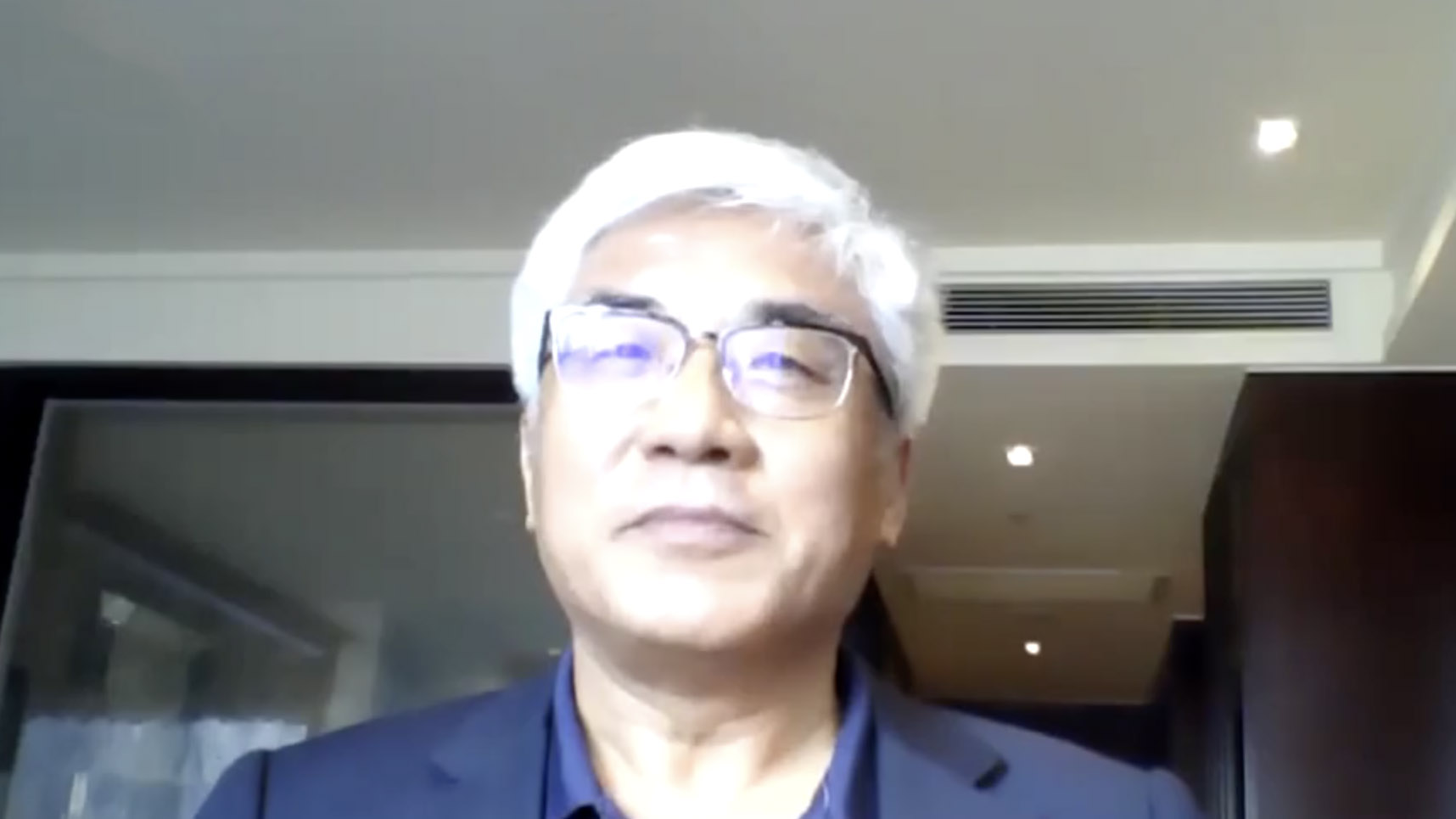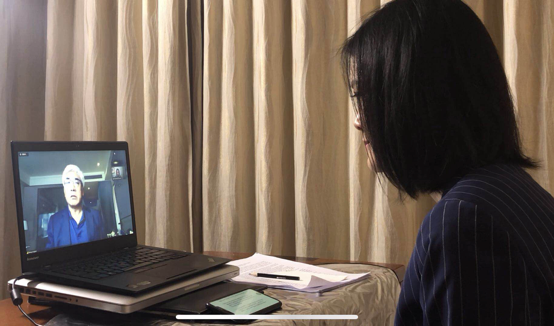China-U.S. relations and global governance are also hot topics at this year's Two Sessions. CGTN reporter Zou Yun interviewed Professor Wang Guiguo, CPPCC member and president of Zhejiang University's Academy of International Strategy and Law, and got his insights on those issues.
04:54

U.S. President Donald Trump has repeatedly said that he will make China pay for COVID-19 damages, and that China has even been sued in U.S. courts for coronavirus compensation. Professor Wang said there have been lawsuits in the U.S. and several other countries, but he emphasized that sovereign immunity is still the rule of international law and the basic principle governing the relations of the states.
"No sovereign state can be sued in another country, except the practices of some countries, the countries being sued is engaging transactions. COVID-19 pandemic is obviously not commercial in nature."
Wang told CGTN that China does have the obligation to disclose the occurring of the disease to the World Health Organization (WHO) if it may cause international impact. And China has made honest judgment and report to the WHO about the disease. Therefore, based on international rules and standards, he believes China has not breached the law or any obligations at all.
"I want to make the judgment, China has not breached any obligations either under the charter of the United Nations, or the WHO."

CGTN reporter Zou Yun interviewed Prof. Wang online. /CGTN
CGTN reporter Zou Yun interviewed Prof. Wang online. /CGTN
Wang: Landscape of international relations has changed under the pandemic
When asking about some of the voices complaining that the coronavirus is a failure of global governance. Wang said global governance is a set of rules governing the relationship of the countries, even if the countries are at war, they still obey certain rules. He also said that even though global governance remains, the landscape of international relations has changed in the face of the coronavirus pandemic, and the approach by some countries during the pandemic made people rethink the role of certain countries.
"For instances in the past, every country, including the U.S. itself regard the country as the leader of the world. As a leader, you have to lead in a given aspect. But I don't think the United States has done that by talking about 'America First.' This is not what a leader should do, and will make the international community have a second thought about who should be the leader or who should be the leaders."
Wang said China has been and will continue playing an important role in the international community. And as a national political advisor, his suggestion to help China better adapt to the changing landscape of international relations at this critical time is, first of all, always recognize the existence and binding force of international rules.
"China will do something in addition, to make additional contributions to the existing legal system and mechanism. That cannot be abolished or replaced by any other rules."
Wang added that China has a culture of over thousands of years and the Chinese culture and existing international mechanism share many common values and rules.
"China should tell the world, look, what we have today is not something new to China, and it has been in place Chinese culture as well. For instance, the observation of rules, honesty, fair and justice. We need to promote that."
In order for China to be a major player, Wang said China should tell its story in a way and language that the world can understand and appreciate. And the Belt and Road initiative is effective vehicle to enhance that.